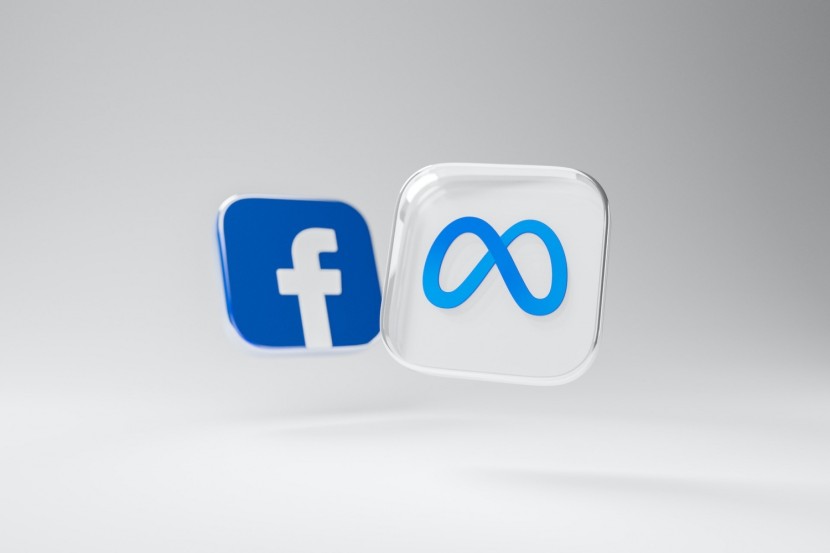In response to legislators' concerns that Meta's new generative artificial intelligence (AI) advertising solutions may accelerate the spread of election disinformation, the firm said on Monday, November 6, that it would not allow political campaigns or marketers in other regulated sectors to use these tools.
Update on Policies

Updates made on Meta's support center on Monday night announced this move to the public. Reuters said in an exclusive report that there are no AI-specific limitations in the company's advertising guidelines, but they do exclude advertisements that contain information discredited by the company's fact-checking partners.
The Facebook and Instagram owner said in an advisory attached to several pages explaining how the tools work that advertisers running campaigns that meet the criteria for ads for Housing, Employment, Credit or Social Issues, Elections, Politics, related to Health, Pharmaceuticals, or Financial Services are not permitted to use these Generative AI features at this time.
"We believe this approach will allow us to better understand potential risks and build the right safeguards for the use of Generative AI in ads that relate to potentially sensitive topics in regulated industries," it added, as reported by Reuters.
Meta is known as the world's second-largest platform for digital ads. A month prior to the policy change, it announced that it was beginning to expand advertisers' access to AI-powered promotional tools that quickly generate backgrounds, image modifications, and variations of ad copy in response to basic text prompts.
A limited number of marketers were given access to the tools in the spring. The firm said at the time that they were on pace to launch the tools worldwide for all advertisers by the beginning of the next year.
In a statement released last month, Meta's chief policy officer Nick Clegg referred to the use of generative AI in political advertising as an area in which their guidelines must be updated.
Before a recent AI safety symposium in the UK, he issued a warning that governments and internet firms should be alert for the technology to be used to meddle in impending elections in 2024. He urged a focus on election-related content "that moves from one platform to the other."
The Rise of Generative AI Ads
In the wake of the enthusiasm around the release of OpenAI's ChatGPT chatbot last year, which can give human-like written replies to queries and other prompts, Meta and other tech firms have rushed to release generative AI ad solutions and virtual assistants in recent months.
Alphabet's Google, the largest digital advertising giant, announced the debut of comparable image-customizing generative AI advertisement features last week. According to Reuters, a Google representative said the company intends to prevent the use of a set of political keywords as search suggestions in order to keep politics out of its products.
TikTok and Snapchat owner Snap have both banned political advertisements. Meanwhile, X (formerly Twitter) has not released any generative AI advertising tools yet.








